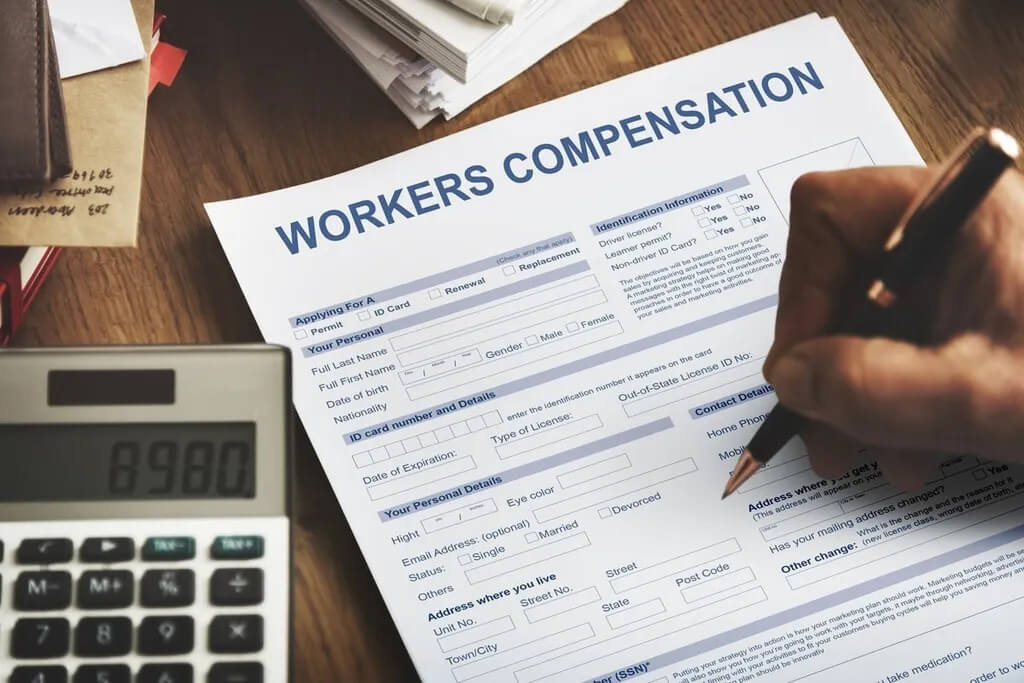Casey is a founding partner at River Run Law Group. Casey has tried numerous cases across the Commonwealth in both General District Court and Circuit Court. He has earned millions of dollars for his clients through trials, mediations, and settlements.
If you’ve been injured at work, knowing what to do next can be confusing and really hard. However, if you decide to file a claim, it’s critical that you do so sooner rather than later.
The reason for this is that almost every kind of legal claim in Virginia has a statute of limitations. A statute of limitations is basically the time limit that an injured party has to file a claim.
Virginia law mandates that all employers with three or more employees, whether full-time or part-time, must carry workers’ compensation insurance. This insurance is designed to provide coverage for employees in case of work-related injuries or illnesses. Workers’ compensation in Virginia acts as a no-fault system, meaning that employees are entitled to benefits regardless of who caused the workplace accident. Employers benefit from this arrangement as it shields them from potential civil suits in the event of an employee’s work-related injury.
If you don’t file a claim within the time period stated by the statute of limitations, the Commission will probably dismiss your claim, even if you have a solid case.
This article will explain what the limitation periods are for different kinds of workers’ compensation cases in Virginia.
If you want to learn more about how you can file a claim with the help of a nationally-recognized workers’ compensation attorney, contact us right away.
What Is the Statute of Limitations for Virginia Workers’ Compensation Cases?
The statute of limitations varies from one case type to another. When it comes to workers’ compensation cases, there are actually six types of claims:
- Accidental injury claims,
- Occupational disease claims,
- Death benefit claims,
- Permanent partial disability claims,
- Permanent total incapacity claims, and
- Change in condition claims
File a workers’ compensation claim within two years of the accident. For occupational diseases, file within two years of being informed it is work-related and within five years of your last workplace exposure.
1. Accidental Injury Claims
Virginia code § 8.01-243 specifies that a worker must file an accidental injury claim within two years of the workplace accident.
That said, remember that this time limit is different from the deadline for giving notice to your employer after you suffer an injury at work.
The deadline for notifying your employer is only 30 days from the date of the accident that led to the injury.
Whether you plan to file an accidental injury claim against your employer, it’s vital that you notify them of your injury immediately.
2. Occupational Disease Claims
The statute of limitation for filing an occupational disease claim in Virginia is more complicated than the one for accidental injury claims.
Virginia code § 65.2-406 states that the time limits vary according to the occupational disease that you have.
For most “ordinary” occupational diseases—things like hearing loss, mold exposure, and carpal tunnel syndrome—you have either two years from the date of your diagnosis or five years after you were last exposed to the hazard that caused the disease.
Whichever of those two timelines applies first is the one that applies to your situation. There are other time periods for specific diseases like AIDS and asbestosis.
That’s why you should contact us right away if you want to learn more about the statute of limitation rules for your occupational disease claim.
With extensive knowledge of workers’ comp laws in Virginia, we can review your case and ensure that nothing is overlooked. Contact the office today to schedule a free, confidential consultation.
3. Death Benefit Claims
Unfortunately, work-related accidents and occupational diseases sometimes eventually cause the death of the victim.
If that happens within nine years of the diagnosis of the occupational disease or the work-related accident, then the worker’s dependents can receive death benefits.
Virginia law states that the deceased worker’s dependents have only two years (starting on the date of the worker’s death) to file a death benefits claim.
After that, a court can dismiss their claim for being untimely.
4. Permanent Partial Disability Claims
Workers suffering from permanent impairment or disability because of a work-related accident can file for permanent partial disability benefits.
The compensation amount varies according to the amount of function the worker lost because of the accident, as well as the worker’s salary.
The Virginia workers’ compensation statute of limitations for permanent partial disability claims is a little complicated and depends on how your case was processed.
That said, it is either 36 months from the date of the accident that caused the disability or 36 months from the date that a worker last received wage loss benefits.
Contact a knowledgeable workers’ compensation attorney for more information.
5. Permanent Total Incapacity Claims
As you can guess from the name, permanent total incapacity claims are filed after a worker suffers catastrophic injuries that leave them completely and permanently unable to work.
When this happens, the worker first receives temporary total disability payments. After 500 weeks of these payments, the worker may begin receiving permanent total disability payments.
The statute of limitations for permanent total incapacity claims is three years. The time period begins on the date that the worker last obtained compensation for the injury.
6. Change in Condition Claims
Change in condition claims stem from situations where a worker’s condition changes after their workers’ compensation claim is initially approved.
Examples include situations where:
- The worker’s physical condition changes;
- The worker has a new physician or their current physician recommends a new kind of treatment;
- The worker loses their job after returning to light-duty work because of their initial work injury.
Workers have just 24 months to file a change in condition claim, but there are also deadlines of 90 days to reach back for periods of wage loss.
The period begins on the date that the worker last obtained workers’ compensation benefits. If a worker seeks permanent partial disability benefits because of the change, then the statute of limitations rises to 36 months.
These can be extremely complicated from a deadline perspective and we highly recommend contacting an attorney.
Do You Want to Learn More About Workers’ Compensation Claims in Virginia?
Your life can turn upside down after you receive a debilitating injury or illness from your work.
Understanding how to navigate this tricky area of law can be almost impossible without qualified legal help.
But don’t feel like you have to give up. We’re here for you because we believe in your right to obtain fair compensation.
At our firm, we’re passionate about defending workers’ rights and helping them stand up to their employers. When you call River Run Law, you won’t be just a number.
Instead, you can expect to receive a compassionate ear, seasoned legal advice, and top-tier customer service. On top of that, we know how to handle even the most complex workers’ compensation claims in Virginia.
Don’t take chances on your future by going up against your employer and insurance companies alone. Give us a call today at (804) 889-0500 or visit us online to set up a free initial consultation.
Where to find our Richmond office:


